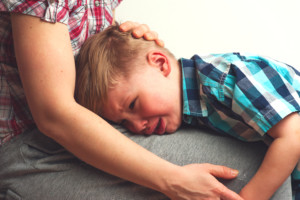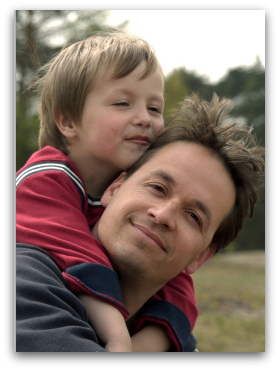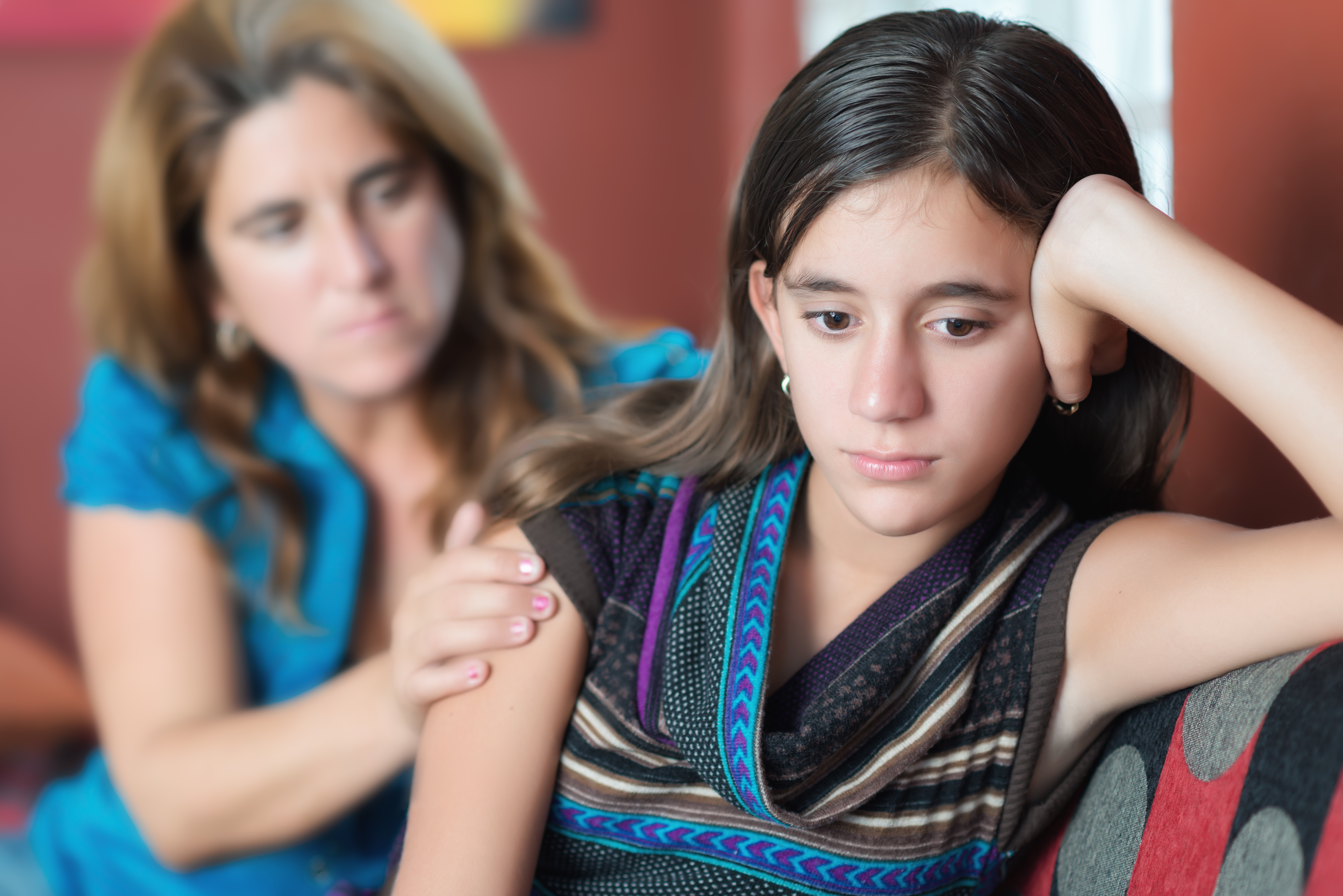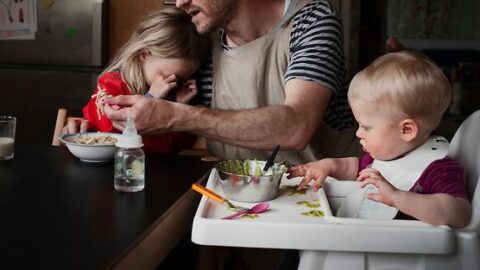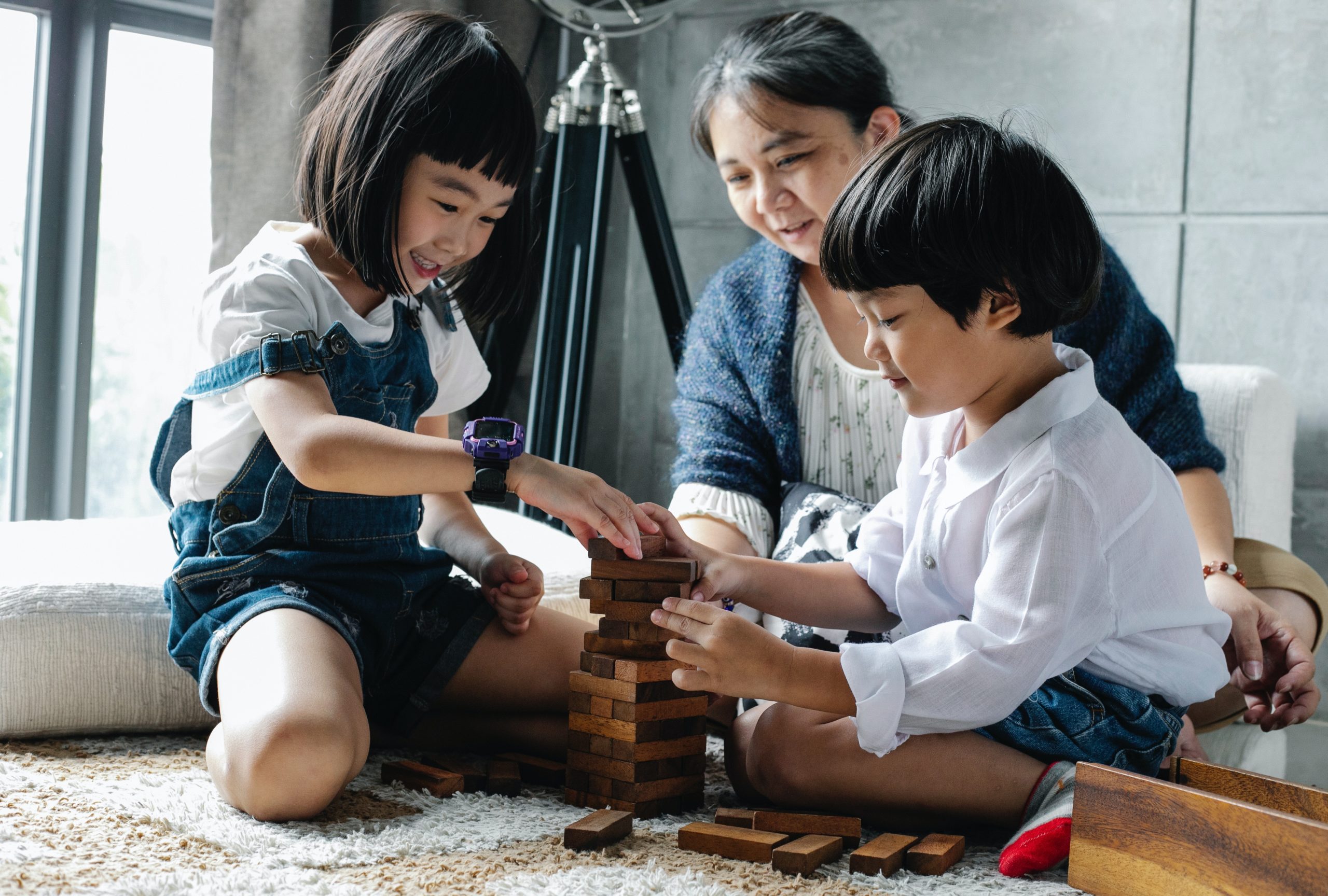 Therapeutic play by Genevieve Simperingham
Therapeutic play by Genevieve Simperingham
First published in The Natural Parent Magazine
An aspect of peaceful parenting that I’m just so passionate about is the healing power of play. Play can be very therapeutic and you don’t need to take your child to a play therapist to reap the benefits. A few specific games and tips can make all the difference in feeling confident and empowered to help your child better combat a whole range of struggles through day-to-day moments of silliness and fun!
Through play, parents can help their kids resolve stress, fear, anxieties, insecurities, frustrations, anger, rage, grief, loss and even the impacts of trauma. Therapeutic play can diffuse tensions, strengthen bonds and bring more joy and happiness into the family. Play can also reach deep into the subconscious and heal those deeper wounds! Essentially the whole gamut of emotions that get stuck in the body and mind can be resolved through play!
Additionally, play makes it much easier for kids to cooperate with a parent who’s being lighthearted or singing a familiar favourite. You really are activating a superpower when you understand the immense potential for healing through play and humour.
Play is not just healing for your child, but for parents as well!
Often the more resistance you have to playing with your child, the more potential there is to restore the deep happiness that comes through playful connection and affection.
It’s amazing seeing the dramatic perspective shift that can happen for parents (live or online) when we dive into the rich topic of play. So many parents start by saying how much they dislike their child constantly nagging them to play. Many parents have aversions to playing with their child. Some parents love playing with their child but find juggling needs to be so stressful! Every parent can relate to the frustration of feeling pulled in so many directions yet unable to give our all to any one thing.
So understandably, the play thing can get pushed right to the bottom of our priority list on a busy day. But for our children, it’s usually right at the top of their priority list!
In this article, I’m going to share some responses to common questions about play. I’m also going to give tips for using play to overcome tricky challenges, empowering you to use play on a day-to-day basis.
Helping kids resolve fears, anxieties and aggression
At the root of your child’s resistance to engaging in the tasks and activities that you know they would benefit from or just need to be achieved are tightly held tensions. When it’s clear that no amount of reasoning is going to make a difference, we need to help our child overcome their resistances through helping them release those tightly held knots of tension. Aggression is another symptom of tight knots of tension and insecurities.
Parents can feel so powerless and frustrated when their child is being defiant, disruptive, aggressive or just uncooperative. Children need loving limits AND they need your loving help to resolve some of the frustrations that drive chaotic behaviour. Without these two elements, you can expect more of the chaotic out of balance behaviour.
Power reversal games where they get to come out on top, whether it’s being faster, stronger or being the leader, all strengthen the child’s feelings of empowerment. The satisfaction of being successful, of winning and feeling strong all increase their sense of security, while giving them an effective stress-relieving outlet through physical movement, tough and belly laughs.
Children develop aspects of their character through playing out roles. Most kids love pretend play and love being the superhero; powerful antidotes to the feelings of powerlessness and helplessness that come with being so dependent. Kids have exuberant energy but are stopped, corrected, restricted and thwarted in so many ways each day. The build-up of frustration and even resentment can be immense, but power reversal games brings big laughter and healing releases!
It always ends in tears!
One of the most common questions relates to how to deal with the inevitable protests and upsets when the play needs to end. Many parents find that using a timer helps their child come to terms with ending the play. Yet there’s often no avoiding the flood of grief and frustration. Kids just adore that quality fun time with their parent and when it ends it can touch on some big feelings for them. Sometimes there’s a backlog of feelings from moments of separation such as going to bed at night or parents going to work.
As hard as this is, the more you can expect the upsets, rather than dreading them, the more energy you’ll have to deal with it. The parent’s capacity tends to increase when they adjust their expectations and understand that the child expressing grief and anger can in itself be healing. Shifting into being present and really empathising from the heart can help your child offload a huge backlog of tensions.
Granting their wish in fantasy
This can be surprisingly satisfying for children. For instance, you might say; “I wish we could play all. day. long, don’t you?” You might also say; “I also wish I could play with you right now, but I need to… ” and instead of pulling away too fast, staying present as their upset surfaces, perhaps giving a big bear hug; “I’m filling you up with all my love and I’m really looking forward to us having some play time together after lunch.” If you can manage your own frustration and keep it light, this tends to release the feelings of rejection that a child can feel.
They may be associating the end of play with the end of all that niceness and warm connection. A warm, empathetic and even humourous approach in talking about it being the end can really help the transition. For instance, you could dramatise how boring it is to make dinner or go to work compared to playing with them. Expressing it with a bit of passion and drama helps them continue to feel your loving connection during the transition.
Play and humour makes transitions easier
Children tend to struggle with transitions. Or at least the transitions away from what they’re enjoying! But again, a little humour can maintain that lovely warm connection and hence just make the transition easier for them.
You might say; “I can really see how hard it is to leave the house. Hey, let’s skip to the car!”.
Or “Yes I know getting in the bath is so boring… right this horsey needs to get going, last chance to catch a ride!”. Or offer a piggyback!
Break up the monotony of boring tasks by changing the scene; “I know honey, doing your homework is the last thing you want to do! Let’s have a chat with your teddies and see who wants to hang out with us while we finish your worksheet”. Or “hey how about I play some calming background music and I’ll sit with you and finish a couple of boring work emails whil you do your homework.” The main ingredients here are showing compassion and care and offering your emotional connection and support. Everything can feel more manageable with the warmth of emotional care.
Helping your child get to the other side by making a plan for that exciting next thing to look forward to; “Hey before you start, let’s make a plan for something nice we can do afterwards!”. It can be as simple as making a plan for a yummy lunch, or a ten minute card game, or reading a book with them.
Follow the Leader
Children find it hilarious when they get to be the one dictating the rules and giving orders. Whether you play Simon Says, Follow the Leader, or similar power reversal games, they get to step into the role of taking responsibility while relieving the stress of having to do things they don’t want to do.
We know that we’re caring for them and keeping them safe, but to them it’s often just so frustrating! Whether its 20 minutes of Follow the Leader or a whole day of saying “yes” as much as possible, your child gets to experience you following their lead, which really strengthens feelings of empowerment.
How can play help when a child is verbally lashing out with “shut up” or “I hate you!”?
Children often become verbally aggressive when struggling to get their frustrations out. It’s stressful for whoever is on the receiving end and also indicative of stress the child needs help with. Aggression often happens when they’re trying to resolve something they’ve experienced. They may have been spoken to harshly or been impacted by witnessing an upsetting outburst.
We adults tend to really want to intellectually understand why our child is acting out, and tend to want to get through to the child why it’s not allowed. Yet when we understand that the out-of-balance behaviour is symptomatic of them carrying feelings that are too uncomfortable or overwhelming for them to manage, we can shift into wanting to help them gain relief in the trust that when they feel better, they can act better. And only then, can you work out a better plan for these challenges going forward. So whatever the cause, the remedy generally comes through providing enjoyable connection and stress relief.
Unless the child is very upset, in which case humour could feel like a shut down. Otherwise if they’re just grumpy and frustrated, then a playful approach offers a satisfying release.
Being playful and theatrical
You could playfully and theatrically play out your reaction in a way that the dramatisation makes them laugh and giggle. This gets those uncomfortable stuck feelings out of their system. You might say, “What did you say?! I can’t believe you said those words, you’re in such big trouble!” then playfully pick them up, giving them a big bear hug. Or you might indignantly state; “What did you say? I think I heard you say “I love you sooo much Mummy. Is that what you said?!”.
Bringing laughter into the theme of the child being ‘in trouble’ can release a lot of fears and insecurities for a child and helps to resolve power struggles.
When we understand that children being defiant or aggressive is usually driven by feelings of frustration and powerlessness, it makes sense to help them release and resolve those frustrations through these kind of healthy outlets. This kind of play both relieves difficult emotions while strengthening the bond, resulting in the child feeling more loved and secure. Children resolve uncomfortable feelings primarily through crying, play (en-acting) and laughter. There are other healing outlets like time in nature, art, creativity, affectionate touch, yet the child’s needs for play and laughter are huge.
Most of us parents can experience some quite interesting and intense feelings in response to being told to “shut up”. We can be surprised at all the associations that may be happening for us relating to past experiences in our childhood or adult relationships where we felt like we were being given this message. So I’m sure the thought of taking a playful approach will seem very challenging to many. But just try these approaches and you might be surprised at how well it dissipates tension for both you and your child! And surprised at how well the difficult behaviours lessen.
When NOT to respond playfully
It’s also important that we attune to our child and read their cues. Is this an appropriate time to bring in humour or invite play? Or will it give them message that their feelings are not being taken seriously?
It’s important that parents don’t amuse themselves by mocking or mimicking a child, this isn’t funny on the receiving end. And it’s important not to try and distract a child from their feelings when they are crying. The child who is crying is already in the process of releasing their tensions and needs our loving attention and support to do so.
Where to from here?
There are endless ways through humour and play that we can dissipate the tensions our child has built up. Children, like adults, can get caught in a tight grip of frustration. They struggle with all the do’s and dont’s, restrictions and the frustration of unmet needs. Many of their difficult behaviours are driven by underlying fears and insecurities. But the parent can warmly invite them back into a more relaxed state by offering a stress-relieving outlet for their frustrations through play and laughter.
For more play ideas, read my article The Power of Play. Alternatively, take a look at Aletha Solter’s Attachment Play or Lawrence J. Cohen’s Playful Parenting and Unplug and Play: The Ultimate Illustrated Guide to Roughhousing with Your Kids.
Genevieve Simperingham is a Psychosynthesis Counsellor, a Parenting Instructor and coach, public speaker, human rights advocate, writer and the founder of The Peaceful Parent Institute. Check out her articles, Peaceful Parenting eCourses, forums and one-year Peaceful Parenting Instructor Training through this website or join over 90,000 followers on her Facebook page The Way of the Peaceful Parent.

